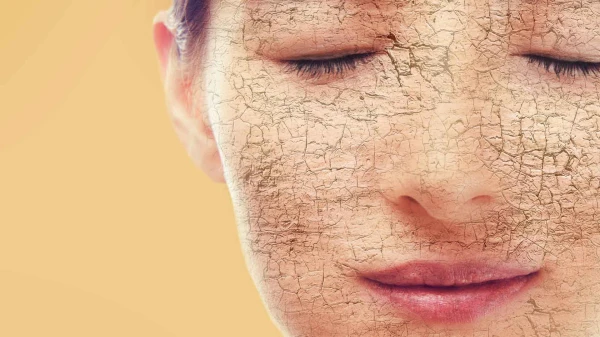
Until recently, vitamin K2 somehow remained in the shadow of its more famous "colleagues" — vitamins C, D, and E. But today it is attracting the attention of scientists and cosmetologists: it turns out that this modest vitamin helps the body distribute calcium to the right addresses, protects blood vessels from deposits, and makes the skin firmer and more radiant. Finally, it not only supports health but regulates the delicate balance between youth and aging. Nutritionist Elena Mukhina shared the details.
Architect of Blood Vessels and Bones
The main role of K2 is to direct calcium where it is needed — in bones and teeth, while preventing it from settling on the walls of blood vessels. "Without it, calcium (especially when taken uncontrollably) turns from a helper into a real enemy, creating the risk of atherosclerosis and brittleness of arteries. Studies show that people with high levels of K2 have elastic blood vessels even in old age. And taking it together with D3 increases the effectiveness of both vitamins: one helps absorb calcium, while the other helps properly assimilate and distribute it in tissues," explains the doctor.
Elixir of Youth for the Skin
K2 activates the Matrix Gla protein, which prevents the calcification of collagen fibers. When this process is disrupted, the skin becomes stiff, loses elasticity and shine. With sufficient levels of K2, collagen retains its elasticity, and the face looks firmer and fresher. Cosmetologists increasingly refer to the miracle vitamin as internal lifting: it does not mask age but works with the cause of sagging — calcium deposits in tissues.
Key to Heart Longevity
The cardiovascular system also directly depends on the level of K2. It reduces arterial stiffness, supports normal valve function, and prevents micro-inflammations that over time lead to hypertension. In Japan and several other countries where K2 consumption is traditionally high, the lowest mortality rate from heart diseases in the world has been noted. Therefore, cardiologists call K2 the missing link in prevention, alongside omega-3 and magnesium.
Where to Find Vitamin K2
Here we face a harsh reality. Until the mid-20th century, K2 came naturally. It was provided by fermented foods, butter from grass-fed cows, aged cheeses, and dishes where fermentation occurred naturally. Such a diet was common, so there were no problems with vitamin intake.
"Today, the food industry is structured differently. Fermentation is artificially adjusted, pasteurization removes K2-producing bacteria, and animal feed is poor in vitamin K. As a result, milk, butter, and eggs contain less of the necessary forms than before. Even with careful attention to nutrition, many people find their K2 levels below optimal. Additionally, some of the vitamin is synthesized by intestinal microflora, but with dysbiosis or antibiotic use, reserves drop sharply. Therefore, doctors increasingly recommend K2 supplements in the form of MK-7 — the most active and long-lasting form," claims the expert.
Synergy with Other Nutrients
K2 works in conjunction with D3, A, and magnesium. Without them, the effect will be incomplete: D3 helps absorb calcium, A regulates protein function, and magnesium activates necessary enzymes. The combined intake of these substances supports not only blood vessels and bones but also skin, hair, and teeth.













Leave a comment